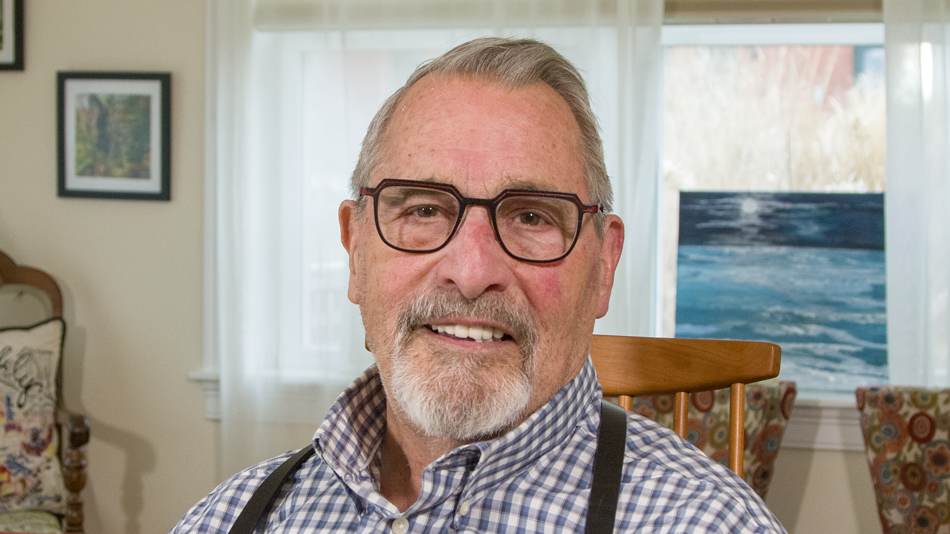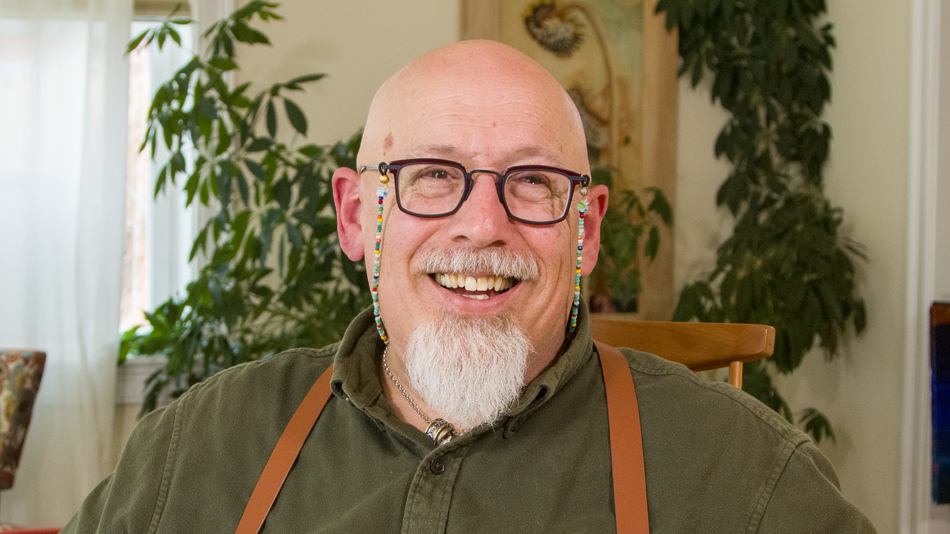I’m from Queens, NY.
To reinforce the sometimes overlooked fact that there are black people in the LGBTQ community, and also that there are LGBTQ people in the black community, I’m From Driftwood’s very first Community Spotlight will feature stories from the black community all this week. We are also making a commitment to feature more stories of all people of color and different ethnicities beyond this week.
Khary’s story focuses on the importance of not just finding another gay friend when you’re becoming aware of your own sexuality, but finding a gay friend who is also black. Continue Reading to watch Khary’s story.
TRANSCRIPT:
My name is Khary, I’m from Queens, New York. My story is really about what it means to be gay and come out as a black gay guy and really how friendship plays into that process. Me and who’s currently my best friend Gary, we both went to Cornell. We actually met at a nightclub called Octagon on 33rd Street. But again it was one of those moments where you know the face from campus but you know you’d never make the approach in a gay club, it just kinda seemed to expose yourself a little bit too much. But immediately upon getting back to school, you know there’s that bond, that instant bond. Like, I’ve seen you out, I know what’s going on with you. You know, let’s hook up and then let’s be friends.
In black greek culture on any college campus there’s this inclination to be competitive and kind of not fraternize with different groups. But we immediately had a connection which was amazing. But you could tell, you know, at school there was a lot of chatter going on. “Well, these are an unlikely pair” and “how did these two become friends?” I always knew that I didn’t feel connected to other boys growing up. And, you know, it was that moment where it was like “Ah this is what it’s supposed to feel like. This is what having a friend or, you know, a brother’s supposed to be about.” And especially being black and being gay we’re all coming from different families of different religious backgrounds and beliefs and we’re coming from different socio-economic backgrounds. And, you know, a lot of us wound up having opportunities that put us in places that you wouldn’t expect to see us. So, you know, there’s a discomfort, not only with being black, but then you know, later on the kind of weirdness of being gay and it creates a bubble that’s difficult to live inside of. There’s this moment I guess, and I would say most boys probably experience this where you haven’t quite resolved the sexuality, your sexuality yourself, right, you’ve not come to grips and said “Oh, I’m actually gay, ok, I understand what that means.” But people are talking about it you know people are kind of inquiring about it and you’re kind of forced to make a decision as to what your stance is going to be. And what was great about this relationship was that it was a place that I could feel safe and say, “You know what, you know, I am gay, you know, and I’ve got someone who can support and do that.” But again, I think that there was this moment of getting caught up in, you know, the fun of being gay and being young but not realizing that there was a world asking, “Well, why, what’s going on with you, why are you detached?” And that really was our, you know, those were our parents at the time. “Well what’s going on? You know, you’re home every weekend but we don’t really see you. You know, where are you?” There was this kind of cloud of mystery.
New York City in the 90s was bananas. The most vibrant you know, kind of time to be doing night life. You know, at least for us. So I can remember one Thursday night, and you’re downstairs and this is the time cell phones just came out. So cell phones weren’t small and compact they were pretty obnoxious things. So I can remember the phone ringing, and, you know, it’s, the question simply is, and I can tell the disco music’s is in the background, drag performances are going on, and you know how crazy and outrageous those can be. And the question is like, you know, “Are you gay?” And at that moment, I had to make a decision, as to whether or not the answer was going to be truthful or whether or not it was going to be more lies. And at the time, I guess that was what it was. I was lying. Under different circumstances the answer probably would have been no but knowing that you know your best friend is there to support you, and, you know, the moment feels right, it allowed me to say yes. Really. Absolutely. And I’m okay with that. And whether you choose to support me right now at this very moment or not, there are people in my life, and specifically like my best friend at the time, who you know still is, to say “It’s okay, and it’s cool and let’s do this and let’s explore this, and let’s have fun, and let’s travel, and get crazy.” And that whole moment. So really, the coming out process was a little bit joyful.








Share